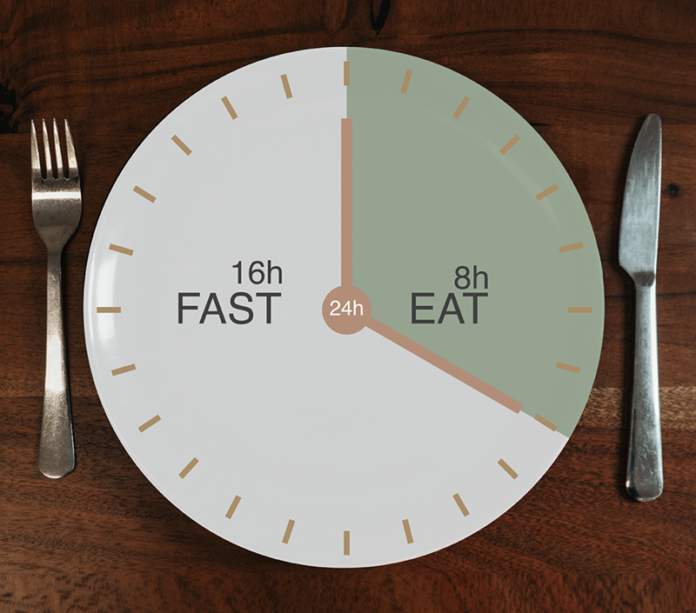
In our fast-paced world, finding time for self-care, including healthy eating habits, can be a challenge. This is where intermittent fasting (IF) comes to the rescue. IF is a flexible and popular eating pattern that not only supports health but is also well-suited to busy lifestyles.
What is Intermittent Fasting?
Intermittent fasting isn’t about what you eat; it’s about when you eat. It cycles between periods of eating and fasting. The idea is to give your body a break from continuous digestion, allowing it to focus on repair and rejuvenation.
How Does It Work for the Busy Bees?
Busy individuals often find it challenging to prepare and eat several meals a day. Intermittent fasting simplifies this. Here’s how:
- Fewer Meals, Less Planning: With IF, you eat fewer meals, which means less meal planning and preparation.
- No Need to Snack: Snacking between meals can be time-consuming. IF encourages consuming meals during a specific eating window, eliminating the need for snacks.
- Time Efficiency: IF condenses your eating period, allowing you to maximize your time. You can use the extra hours in the morning for work or other activities.
Popular Intermittent Fasting Methods for the Busy:
- 16/8 Method: This method involves fasting for 16 hours and eating within an 8-hour window. Most people find it convenient to skip breakfast and have their first meal at lunchtime.
- 5:2 Method: In this approach, you eat normally for five days of the week and consume very few calories (about 500-600) on the other two non-consecutive days.
- Eat-Stop-Eat: This method involves fasting for a full 24 hours once or twice a week. It can be adjusted to suit your schedule.
Why is IF Great for the Busy?
- Simplicity: IF is straightforward. There’s no need to weigh or measure food, count calories, or follow complex diet plans.
- Improved Focus: With fewer meals, you’re less distracted by food throughout the day, which can enhance focus and productivity.
- Weight Management: IF can support weight management without requiring a strict diet. This is beneficial for those with hectic schedules.
- Metabolic Health: IF may improve insulin sensitivity, lower inflammation, and reduce the risk of chronic diseases, promoting overall health.
- Adaptability: IF is adaptable to your schedule. You choose the method that suits you best.
Making It Work for You:
- Start Gradually: If you’re new to IF, start with a 12-hour fast and gradually extend it to 16 or 18 hours.
- Stay Hydrated: Drink plenty of water during your fasting period to stay hydrated.
- Balanced Meals: When you eat, focus on balanced, nutritious meals to ensure you get essential nutrients.
- Listen to Your Body: Pay attention to your body’s signals. If IF doesn’t suit you, it’s important to find an eating pattern that does.
In conclusion, intermittent fasting isn’t just a trend; it’s a practical approach to healthy eating that can harmonize with your busy lifestyle. It simplifies your relationship with food, promotes time efficiency, and offers various health benefits. Before starting any fasting regimen, it’s wise to consult with a healthcare professional, especially if you have underlying health conditions. Nevertheless, when done right, IF can be a game-changer for busy bees looking to prioritize health amid their hectic schedules.

